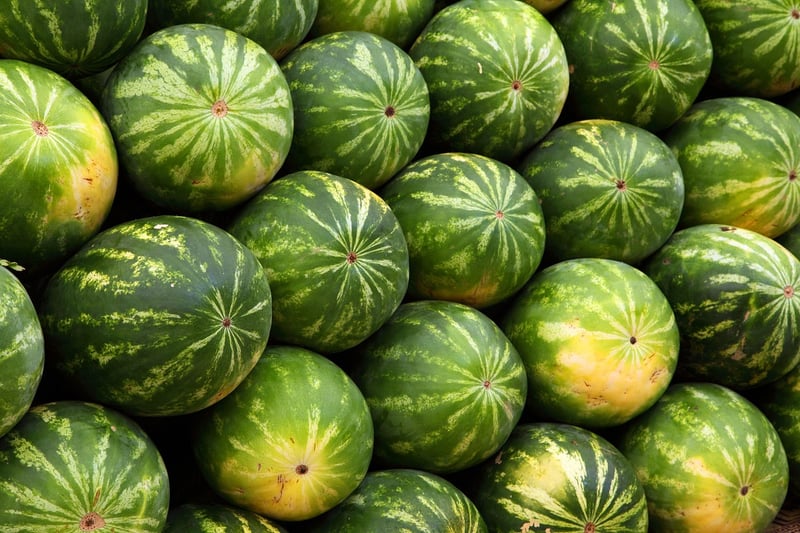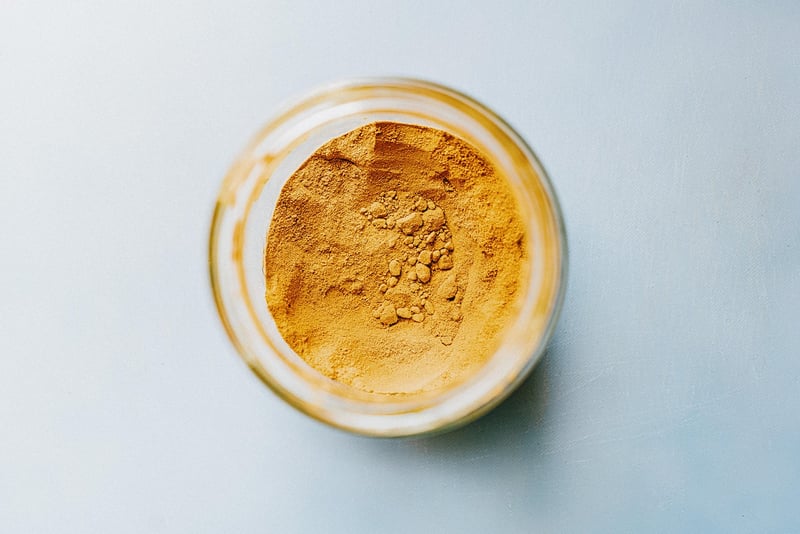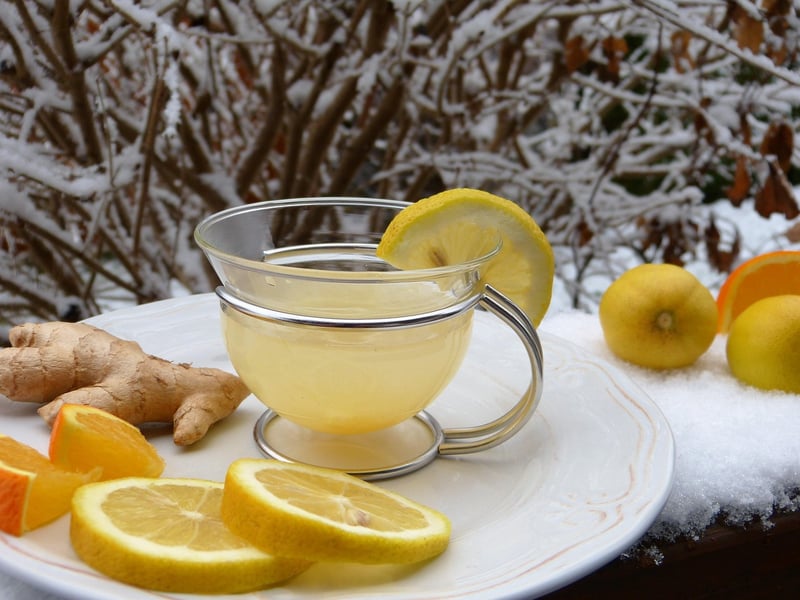Seasoning Techniques
Master Culinary Basics and Seasoning Techniques
Welcome to our guide on mastering culinary basics and seasoning techniques. Whether you are a beginner cook looking to enhance your skills or an experienced chef wanting to refine your craft, understanding the fundamentals of cooking and how to season dishes properly is essential for creating delicious meals. In this article, we will cover key culinary basics and explore various seasoning techniques to help you elevate your cooking game.
Culinary Basics
1. Knife Skills
One of the most important skills in the kitchen is mastering knife techniques. Proper knife skills not only make cooking more efficient but also ensure safety. Practice techniques such as chopping, dicing, slicing, and mincing to improve your cooking precision.
2. Cooking Methods
Understanding different cooking methods such as sautéing, roasting, braising, and steaming can help you achieve the desired texture and flavor in your dishes. Experiment with various techniques to broaden your culinary repertoire.
3. Food Safety
Food safety is paramount in the kitchen. Learn about proper food handling, storage, and cooking temperatures to prevent foodborne illnesses and ensure the safety of your meals.
Seasoning Techniques
1. Salt and Pepper
Salt and pepper are the backbone of seasoning. Learn how to season dishes with salt and pepper to enhance the natural flavors of ingredients without overpowering them.
2. Herbs and Spices
Experiment with a variety of herbs and spices to add depth and complexity to your dishes. From basil and thyme to cumin and paprika, herbs and spices can elevate the taste of your meals.
3. Acidic Ingredients
Acidic ingredients such as lemon juice, vinegar, and wine can brighten flavors and balance richness in dishes. Use acidic components to add a refreshing zing to your culinary creations.
Conclusion
By mastering culinary basics such as knife skills, cooking methods, and food safety, and honing your seasoning techniques using salt, herbs, spices, and acidic ingredients, you can take your cooking to the next level. Practice, experimentation, and a passion for food are key ingredients in becoming a skilled cook. So, roll up your sleeves, sharpen your knives, and get ready to create culinary masterpieces in your kitchen!



